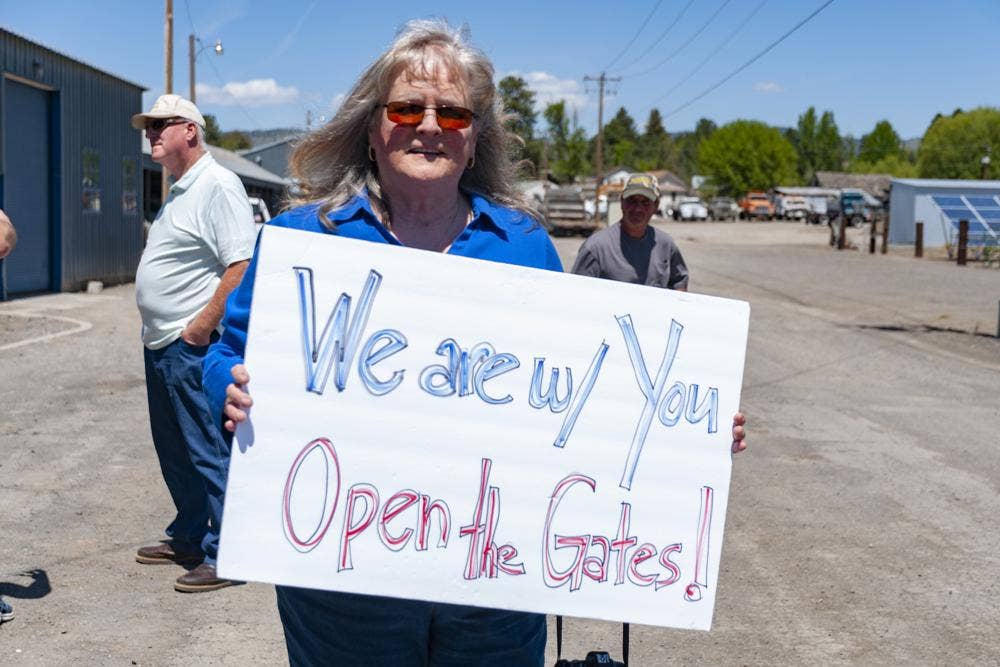Here you go, etrain:
http://lmgtfy.com/?q=+total+world+water+supply&l=1
I've already been to that site and read that article - I found it while I was trying to locate where you got that graphic. I also read articles from a number of other sources, as I noted above. I don't see that that graphic proves anything, since, as I noted above, the amount of water on the Earth remains, essentially constant. It just varies where and when it is available and in different forms. Better managing that is a good idea, but I am still not convinced that we are facing a calamity of global proportions.






 of the cycles of lean water years and plentiful water years, some have showed a bad Drought in the 1500s.
of the cycles of lean water years and plentiful water years, some have showed a bad Drought in the 1500s.  The Redwoods are living proof and they are still alive. Droughts come and go and has been documented for a very long time.
The Redwoods are living proof and they are still alive. Droughts come and go and has been documented for a very long time. 







